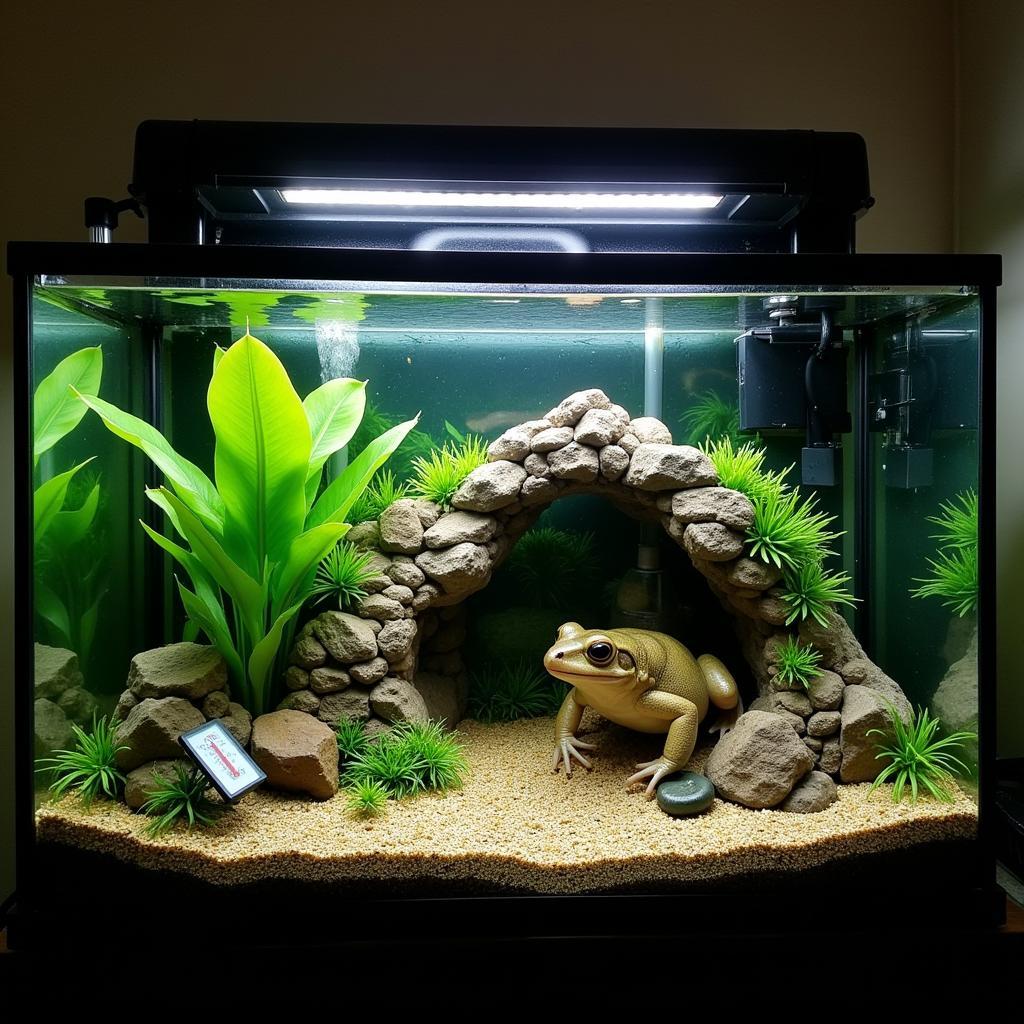Exploring the African Ocean: A Journey Through History, Culture, and Nature
The African continent, with its vast landscapes and rich cultural tapestry, is often associated with its savannas and deserts. But what about the vast expanse of water that surrounds it? The African Ocean, encompassing the Atlantic, Indian, and Mediterranean seas, plays a vital role in shaping the continent’s history, culture, and environment. From ancient trade routes to vibrant coastal communities, the ocean’s influence extends far beyond its shores.
A History of Maritime Trade and Exploration
The African Ocean has been a vital artery for trade and exploration for centuries. Ancient civilizations like the Egyptians, Phoenicians, and Greeks navigated these waters, establishing trade networks that connected Africa with Europe and Asia. The Indian Ocean, in particular, was a key route for the Silk Road, facilitating the exchange of goods, ideas, and cultural influences.
The East African Coast: A Hub of Commerce
The Swahili Coast, stretching along the eastern shores of Africa, was a prominent center of maritime trade from the 8th to the 16th centuries. Arab traders established thriving port cities like Kilwa Kisiwani and Zanzibar, where spices, ivory, gold, and slaves were exchanged. The influence of Arab culture is still evident in the architecture, language, and traditions of these coastal communities.
The Impact of European Colonization
European powers arrived on the African shores in the 15th century, seeking new trade routes to the East. The exploration and colonization of Africa led to significant changes in the maritime landscape. The transatlantic slave trade, which relied heavily on shipping routes across the Atlantic, had devastating consequences for Africa, leaving a lasting legacy of hardship and displacement.
The African Ocean: A Source of Life and Sustenance
Beyond its historical significance, the African Ocean continues to be a vital source of life and sustenance for millions of people. Fishing communities depend on its abundant marine resources, while coastal ecosystems provide critical habitats for diverse wildlife. The ocean’s influence extends far inland, shaping rainfall patterns and influencing agricultural practices.
Threats to the African Ocean
The African Ocean faces a range of environmental challenges, including overfishing, pollution, and climate change. These threats are jeopardizing the marine ecosystems and livelihoods of coastal communities. Conservation efforts are crucial to ensure the long-term health and sustainability of this precious resource.
Cultural Expressions of the African Ocean
The African Ocean has inspired countless works of art, music, and literature. From the vibrant colors and patterns of coastal crafts to the rhythmic melodies of traditional songs, the ocean’s presence is woven into the fabric of African culture.
Stories of the Sea
For generations, people have shared stories and myths about the ocean. Tales of sea monsters, sirens, and adventurous journeys have been passed down through oral traditions, reflecting the human fascination with the vast and mysterious depths.
Exploring the African Ocean Today
The African Ocean offers a wealth of opportunities for adventure and exploration. Divers can discover vibrant coral reefs, marine sanctuaries, and shipwrecks, while sailors can embark on voyages across its open waters. Whether you’re seeking a glimpse of the underwater world or a taste of coastal culture, the African Ocean promises an unforgettable experience.
FAQ
Q: What are some of the most important port cities on the African coast?
A: Some of the most significant port cities include Lagos (Nigeria), Durban (South Africa), Mombasa (Kenya), and Alexandria (Egypt), each playing a key role in trade and transportation within Africa and beyond.
Q: What are the major threats facing the African Ocean today?
A: Overfishing, pollution from land-based sources, and climate change are among the most pressing challenges facing the ocean’s health and sustainability.
Q: How can I contribute to protecting the African Ocean?
A: You can support sustainable fishing practices, reduce your plastic consumption, and advocate for policies that protect marine environments.
Q: What are some famous examples of African art inspired by the ocean?
A: Many coastal communities have rich traditions of carving, weaving, and beadwork that feature marine motifs, reflecting the importance of the ocean in their lives and culture.
Q: How is climate change affecting the African Ocean?
A: Rising sea levels, ocean acidification, and changes in marine currents are impacting ecosystems, coastal communities, and fisheries.
Q: What are some recommended resources for learning more about the African Ocean?
A: Several organizations and websites dedicated to marine conservation and research offer valuable information, including the World Wildlife Fund, Greenpeace, and the United Nations Environment Programme.
The African Ocean, with its vastness, beauty, and rich history, is an integral part of the continent’s identity. It is a source of life, inspiration, and endless wonder, deserving of our respect and protection for generations to come.

